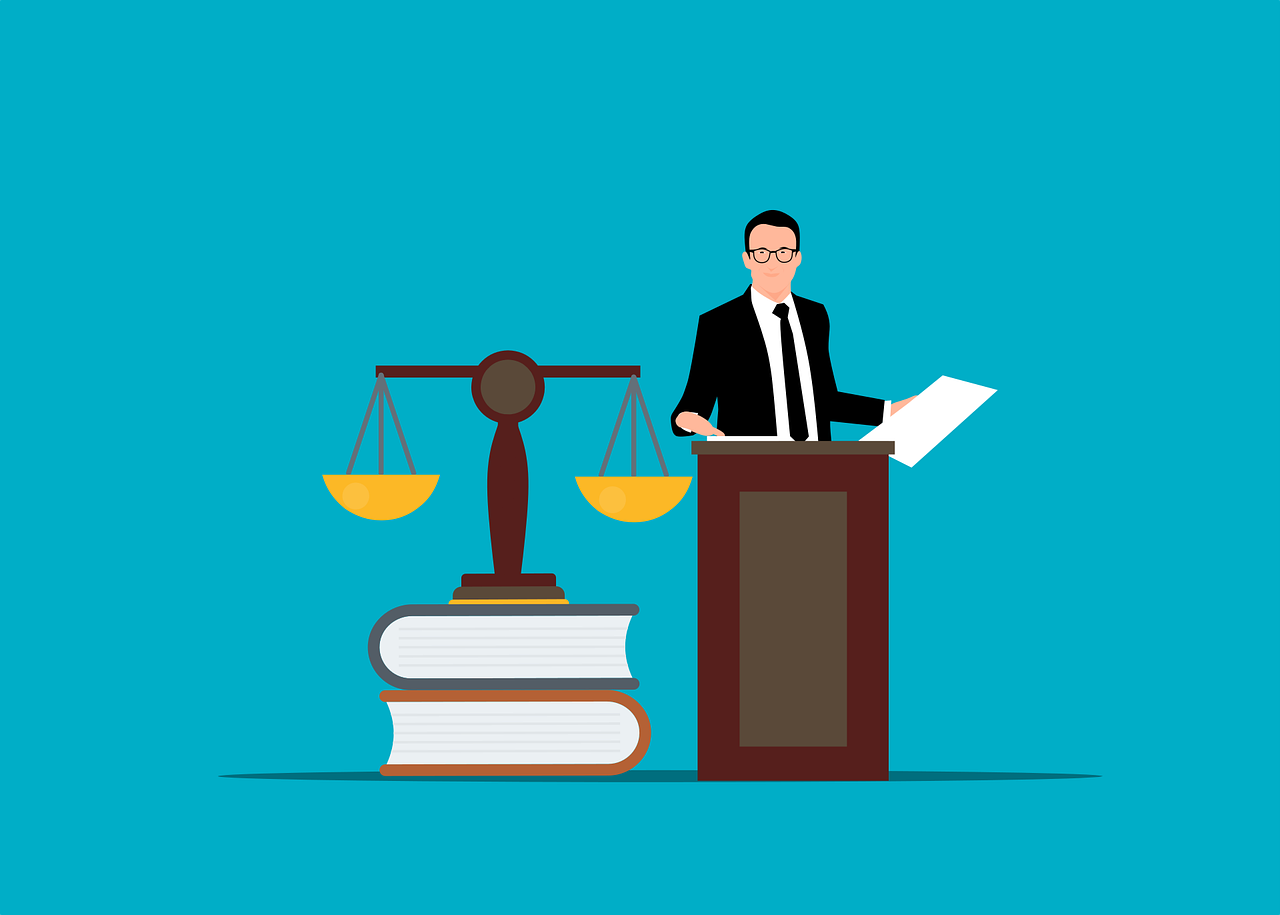
When facing criminal charges in Jersey City, the idea of pleading guilty to quickly resolve the case might seem appealing. You might believe that by doing so, you can avoid the stress of a court trial and return to your normal life sooner. However, pleading guilty without fully understanding the consequences can be a costly mistake.
The decision to plead guilty should never be taken lightly, as it can lead to severe penalties and long-lasting impacts on your life.
The Risks of Pleading Guilty
- Sentencing is Not Guaranteed to Be Lenient: When you plead guilty, the judge has complete discretion over your sentence. Even if you admit guilt, the judge may still impose the maximum sentence allowed by law, especially if there is no strong evidence to mitigate the charges against you. This could result in a lengthy prison term, substantial fines, and other severe penalties.
- A Criminal Record Has Lasting Consequences: A guilty plea will result in a criminal conviction, which can follow you for years, if not for the rest of your life. A criminal record can make it challenging to secure employment, housing, or even certain professional licenses. Additionally, a conviction can affect your immigration status or your ability to serve in the military.
Given these potential consequences, it is crucial to consult with a skilled criminal defense attorney before making any decisions about your case. Check out this website if you are still looking for the best legal representative for you.
Reasons to Avoid Pleading Guilty
Your attorney may advise against pleading guilty at your arraignment for several important reasons:
- You May Not Be Guilty: Even if you believe you committed the alleged crime, that does not necessarily mean you are legally guilty. Criminal charges are based on specific legal elements that must be proven beyond a reasonable doubt. For instance, many crimes require proof of intent or a specific mental state. If the prosecution cannot establish all the elements of the crime, you should not be convicted, and you certainly should not plead guilty.
- Available Defenses: Even if you did commit the act in question, legal defenses may be available that could prevent a conviction. The prosecution must gather sufficient evidence to prove your guilt, and your attorney can challenge this evidence or present defenses that could lead to an acquittal.
- Burden of Proof Lies with the Prosecution: In any criminal case, the prosecution bears the burden of proving your guilt beyond a reasonable doubt. This high standard of proof means that any weaknesses or gaps in the prosecution’s case can be exploited by a skilled defense attorney. These weaknesses could lead to a not guilty verdict, a dismissal of charges, or a favorable plea deal involving reduced charges or a lighter sentence.
- Long-Term Consequences of a Guilty Plea: Pleading guilty can have far-reaching consequences beyond just serving jail time or paying fines. A criminal conviction can hinder your ability to find a job, secure housing, or pursue higher education. Additionally, some convictions may not be eligible for expungement, meaning they could remain on your record permanently.
- Pretrial Intervention (PTI) Programs: If this is your first offense, you might be eligible for a Pretrial Intervention (PTI) program in New Jersey. Completing this program can allow you to avoid a conviction and the associated penalties, making it a much better option than pleading guilty.
Pleading Guilty vs. Plea Bargaining
It is important to understand the difference between pleading guilty and engaging in plea bargaining. Pleading guilty typically results in immediate sentencing by the judge, which may lead to the maximum penalties for the charges. On the other hand, plea bargaining involves negotiations between your attorney and the prosecution to reach an agreement that often results in reduced charges or a lighter sentence. While plea bargaining may eventually require you to plead guilty, it is usually to a lesser offense, which can significantly mitigate the consequences.
Conclusion: Consult an Attorney Before Deciding
If you are facing criminal charges in Jersey City, the decision to plead guilty should only be made after consulting with an experienced criminal defense attorney. An attorney can help you understand the full implications of your decision, explore possible defenses, and negotiate with the prosecution on your behalf. By taking the time to explore all your options, you can make an informed decision that protects your rights and minimizes the impact on your future.
If you are still searching for the right legal representative, it’s essential to find an attorney who is experienced, knowledgeable, and committed to your defense. Before making any decisions, ensure you have the best legal counsel to guide you through the complexities of the criminal justice system.
